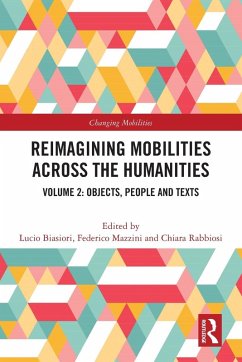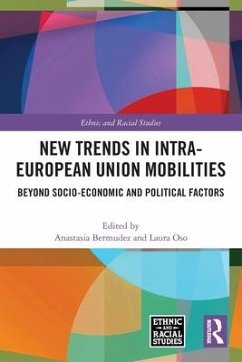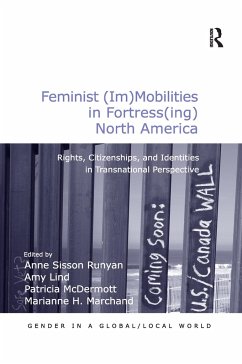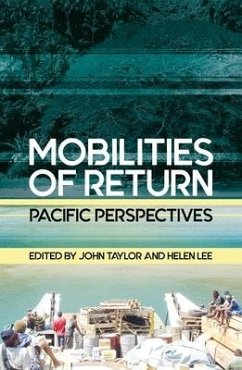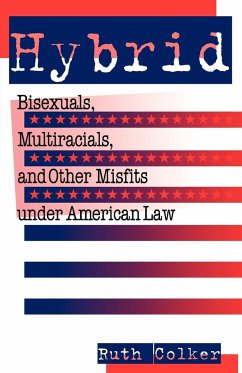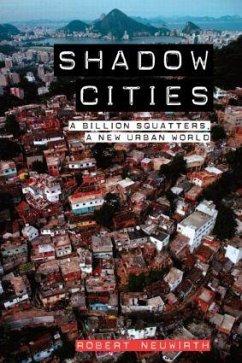
Hybrid Mobilities
Transgressive Spatialities
Herausgeber: Cattan, Nadine; Faret, Laurent
Versandkostenfrei!
Versandfertig in 1-2 Wochen
57,99 €
inkl. MwSt.
Weitere Ausgaben:

PAYBACK Punkte
29 °P sammeln!
The diversity of mobility situations studied in this book highlights the contribution of the reality of mobility in the daily construction of urban, regional and global spaces, as well as in the redefinition of socio-spatial concepts.





